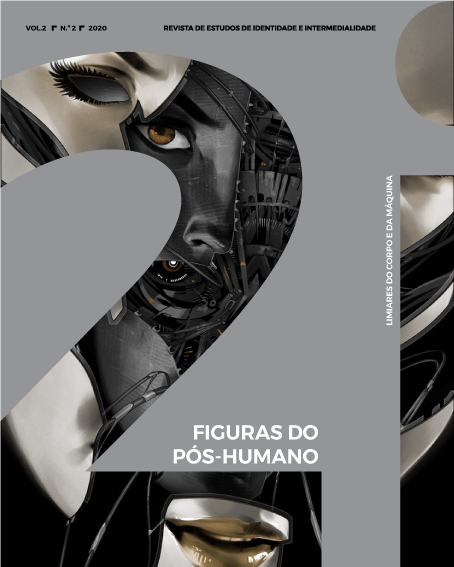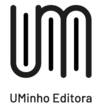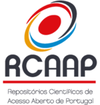Biohacking love
Fringe science as artistic-scientific-affective heterotopia
DOI:
https://doi.org/10.21814/2i.2671Keywords:
medicalization, heterotopia, relationship between art and science, fringe biotechnology, new subjectivitiesAbstract
This essay means to discuss how the trajectory of medicalisation in the occident, the cultural turn against medical expertise, the emergence of new scientific subjectivities, and the development of fringe scientific and technological practices help to contextualize new relations between science, technology, art, and the wider world through the concept of heterotopia. Using as a case study an artist’s scientific-artistic-affective experiment to fall out of love with her ex, we explore how fringe scientific practices, beyond being privileged sites to illuminate the activities of institutional science and observe new relations and correlations that these gain in association to the larger environment, also enable the reorganization of values and places of power, and can compose diverse cultural projects.
Downloads
References
Dessa. (2019, setembro 24) Can we choose to fall out of love? [Registro vídeo]. Consultado em: <https://youtu.be/E0KLmBMSjDk>
______. (2018) My Own Devices: True Stories from the Road on Music, Science, and Senseless Love. New York: Dutton.
Chen, Angela. (2018, 23 fevereiro). Key Change: How the rapper Dessa’s turn to neuroscience inspired her new album, Chime. The Verge. Consultado em: <https://www.theverge.com/2018/2/23/17021626/dessa-chime-music-neuroscience-psychology-love-philosophy>
Chiang, Ted. (2019). The truth of fact, the truth of feeling. Exhalation: stories. New York: Alfred A. Knopf”.
Friend, Tad. (2017, abril 3). Silicon Valley’s West to live forever. The New Yorker. Consultado em: <https://www.newyorker.com/magazine/2017/04/03/silicon-valleys-quest-to-live-forever>
Foucault, Michel. (2013.) De espaços outros, Estudos Avançados. vol.27 no.79, p. 113-122 Disponível em: <http://www.scielo.br/scielo.php?script=sci_arttext&pid=S0103-40142013000300008>
Furedi, Frank. (2006). The End of Professional Dominance, Society, vol. 43. No. 6, p 14-18.
Hayles, Katherine. (1999). How We Became Post-Human. Virtual Bodies in Cybernetics, Literature, and Informatics. Chicago: The University of Chicago Press.
Heidegger, Martin. (1977). The question concerning technology, and other essays. New York: Garland Publishing, Inc.
Oliveira, Luiz Alberto. (2003). Biontes, Bióides e Borgues, O Homem-Máquina: A ciência manipula o corpo. (Org.) NOVAES, Adauto. Rio de Janeiro: Companhia das Letras.
____________________. (2007). Sobre o caos e novos paradigmas, Mutações: ensaios sobre as novas configurações do mundo. (Org.) NOVAES, Adauto. Rio de Janeiro: Agir.
Rose, Nikolas. (2007) The Politics of Life Itself: Biomedicine, Power and Subjectivity. Princeton University Press.
Rose, Nikolas; Abi-Rached, Joelle M. (2013). Neuro - The New Brain Sciences and the Management of the Mind. Princeton Univercity Press.
Santos, Laymert Garcia dos. (2007). Humano, Pós-humano, transumano, Mutações: ensaios sobre as novas configurações do mundo. (Org.) NOVAES, Adauto. Rio de Janeiro: Agir.
Thibault, Robert T.; Raz, Amir. (2017). The Psychology of Neurofeedback: Criminal Intervention Even if Applied Placebo, American Psychologist, vol. 72 no. 7, p. 679-688, Concultado em: <https://digitalcommons.chapman.edu/cgi/viewcontent.cgi?article=1158&context=psychology_articles>
Vaage, Nora S. (2017). Fringe Biotechnology, BioSocieties, vol. 12, p-109-131. Consultado em: <https://link.springer.com/content/pdf/10.1057%2Fs41292-016-0033-0.pdf>
Van Dijk, José. (2005). The Transparent Body - A Cultural Analysis of Medical Imaging. Washington: University of Washington Press.
Zorzanelli, Rafaela Teixeira; Ortega, Francisco; Bezerra Jr., Benilton. (2014) Um panorama sobre as variações em torno do conceito de medicalização entre 1950-2010 Ciência & Saúde Coletiva, vol. 19, no. 6, p. 859-1868.
Published
Versions
- 2020-12-03 (2)
- 2021-05-04 (1)
How to Cite
Issue
Section
License
Copyright (c) 2020 Journal 2i: Identity and Intermediality Studies

This work is licensed under a Creative Commons Attribution-NonCommercial 4.0 International License.


.jpg)










